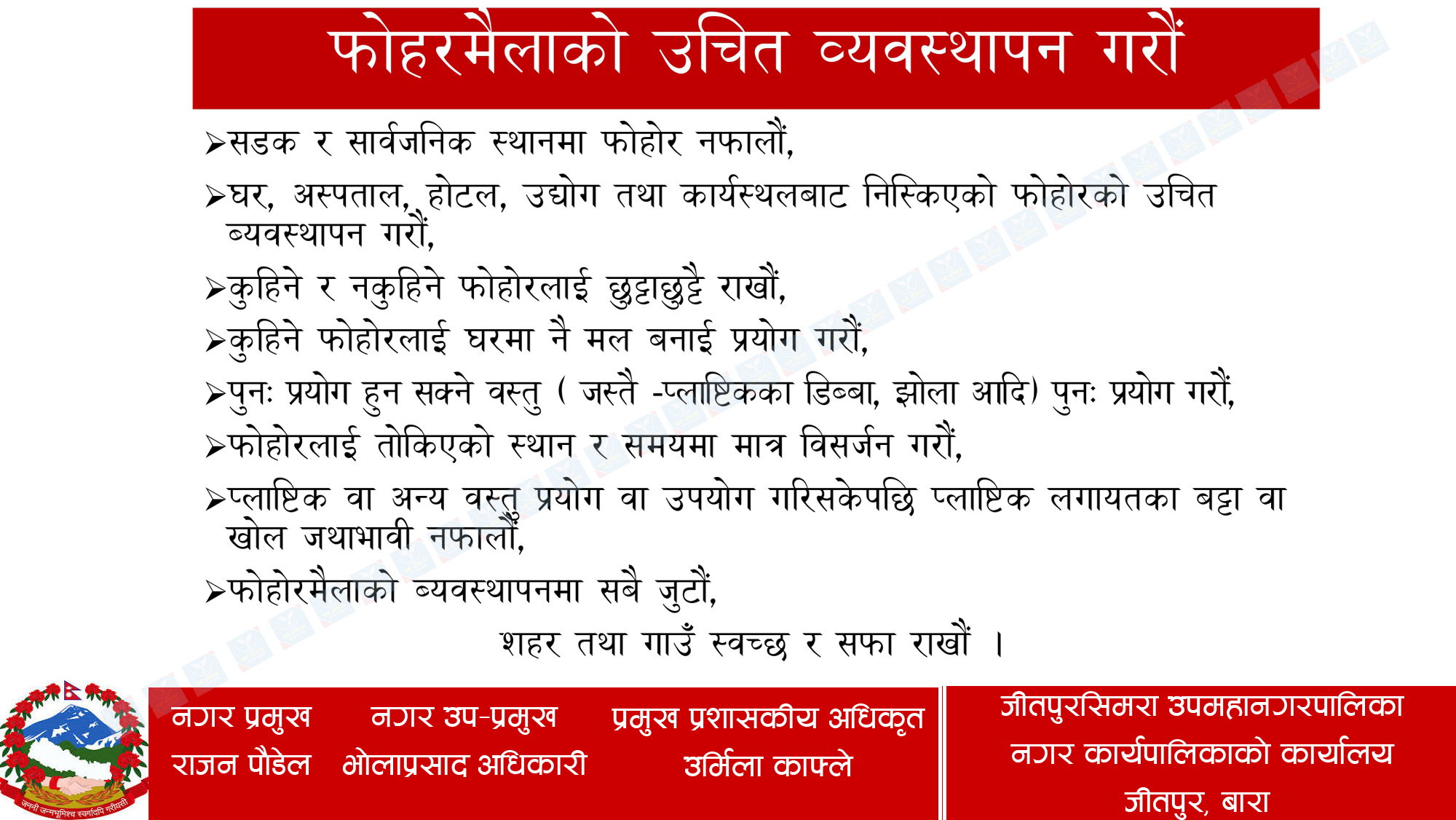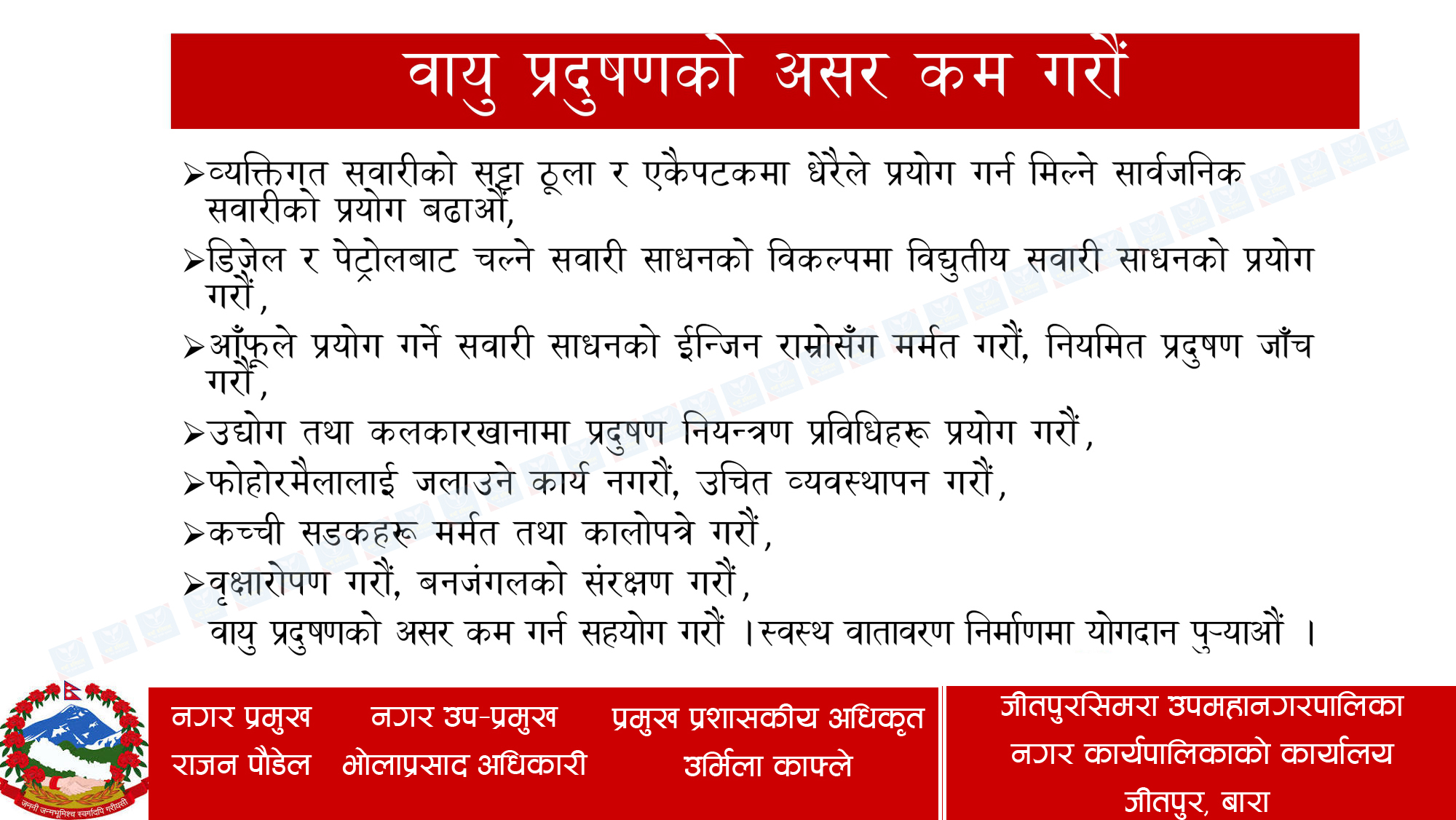On Thursday, when negotiations stalled just hours before the contract deadline, a historic and impending strike by the United Auto Workers (UAW) against the Detroit Three automakers became more likely.
The
UAW, which represents 146,000 American autoworkers, is calling for massive
salary increases of 40% through September 2027 as well as considerable benefits
upgrades.
The
UAW has announced preparations for a series of targeted strikes at unidentified
U.S. auto facilities if agreements are not reached by Thursday at 11:59 p.m. ET,
choosing this strategy over a full-scale walkout. A 10 p.m. ET event will
unveil the first plants to be impacted.
Jim
Farley, the CEO of Ford Motor, expressed worries, saying that the company would
suffer from the proposed 40% salary hike. He stated that there were no ongoing
negotiations and that the manufacturer had not received a counteroffer to their
demand for a 20% wage increase.
According
to the White House, UAW President Shawn Fain and executives from the auto
industry met with U.S. President Joe Biden on Thursday to discuss the
negotiations.
President
Biden had voiced optimism about preventing an attack just ten days before and
said he wasn't worried about it happening.
In
an effort to prevent a strike that was set to start at midnight if an agreement
couldn't be reached, General Motors (GM) increased its contract offer to
include a 20% salary increase for American autoworkers over four and a half
years, including a 10% increase in the first year.
GM
CEO Mary Barra expressed optimism that a deal might still be struck while
warning staff about the financial costs of the 2019 strike, which resulted in a
$3.6 billion pre-tax loss.
According
to the union, Stellantis, the parent company of Chrysler, has proposed salary
increases of 17.5%. Stellantis is the third major Detroit carmaker.
These
strikes, if coordinated, would be among the most extensive labor actions in the
United States in recent memory and, depending on how long they last, would have
an effect on the nation's economic expansion.
The
demands of the UAW include the restoration of defined benefit pensions for all
employees, the adoption of 32-hour workweeks, further cost-of-living increases,
assurances about job security, and a ban on the use of temporary workers.
Ford's
Farley claimed that if the UAW's proposal had been implemented, Ford would have
seen losses of around $15 billion from 2019 to 2022 as opposed to gains of
nearly $30 billion, and the firm may have already declared bankruptcy.
He
expressed dissatisfaction with the lack of active negotiations, saying that
"nothing is going on."
The
UAW commented on social media in response to Farley's remarks, pointing out
that Farley had made $21 million the year before.
As
manufacturers rejected proposed changes to pensions, the 32-hour work week, and
other benefits, UAW President Shawn Fain said on Wednesday that a strike was
probable. Additionally, he challenged proposed profit-sharing measures that
will lower worker payouts.
The
strike approach intends to provide negotiators the most flexibility possible to
obtain a just contract for autoworkers, according to Brian O. Shepherd, the
UAW's organizing director, who made this explanation on Thursday during an
online session. He continued by saying that a total walkout is still an option.
Fain
pointed out that the Detroit Three automakers' wage increases were
insufficient, notwithstanding their claims that the union had not formally
reacted to their most recent, more generous proposals.
When
it comes to growing manufacturing of electric vehicles, the Detroit automakers
may eventually confront higher expenses and complexity when compared to
non-union automakers, according to a Wedbush analyst named Daniel Ives. In this
situation, Tesla may come out on top.
The
U.S. Bureau of Labor Statistics estimates that the auto industry in the United
States, including part makers, employs close to 1 million people.
Although
the White House has not provided a response, there are discussions inside the
Biden administration about offering emergency aid to safeguard smaller
businesses that supply American auto makers.
Fain
described a plan to disrupt operations at various U.S. factories in the event
that no agreement is achieved. By denying other factories of necessary
components, stopping work at a vital engine or transmission facility, for
instance, could affect how well other firms produce. Another choice is to go on
strike at plants that assemble profitable pickup trucks or SUVs.
Fain
suggested that all auto employees might eventually go on a full strike at a
later time.
According
to estimations from Deutsche Bank, if all production stopped, a total strike
would have an estimated effect on each impacted automaker's earnings of $400
million to $500 million per week. Even if boosting production schedules after
the strike would help offset some losses, this prospect becomes less likely
longer the strike drags on for weeks or months. It's crucial to emphasize that
UAW strikes wouldn't effect Asian and European automakers like Toyota, Honda,
and Mercedes because those companies' employees don't work in U.S. factories.
In
conjunction with the anticipated start of walkouts, the UAW has scheduled a
rally in Detroit on Friday with Fain, Senator Bernie Sanders, and other members
of Congress.











